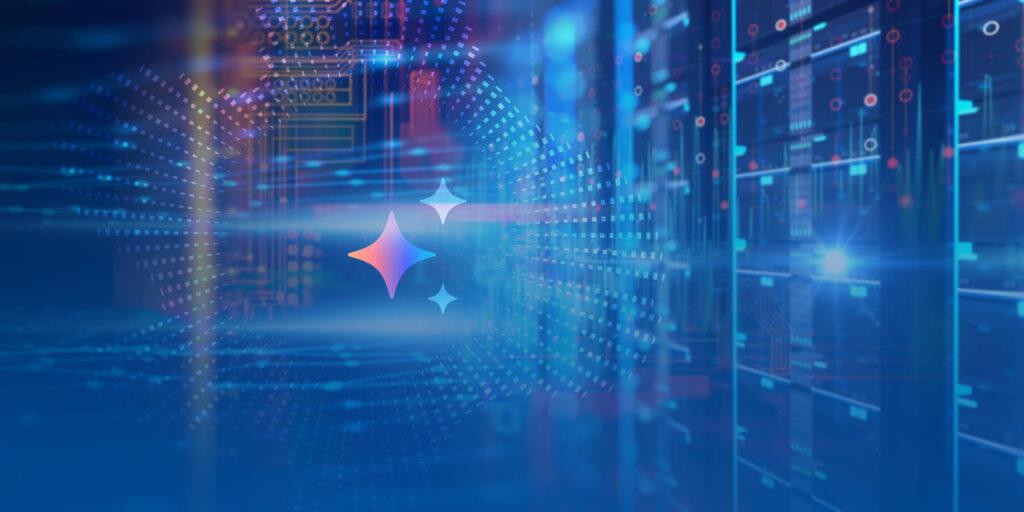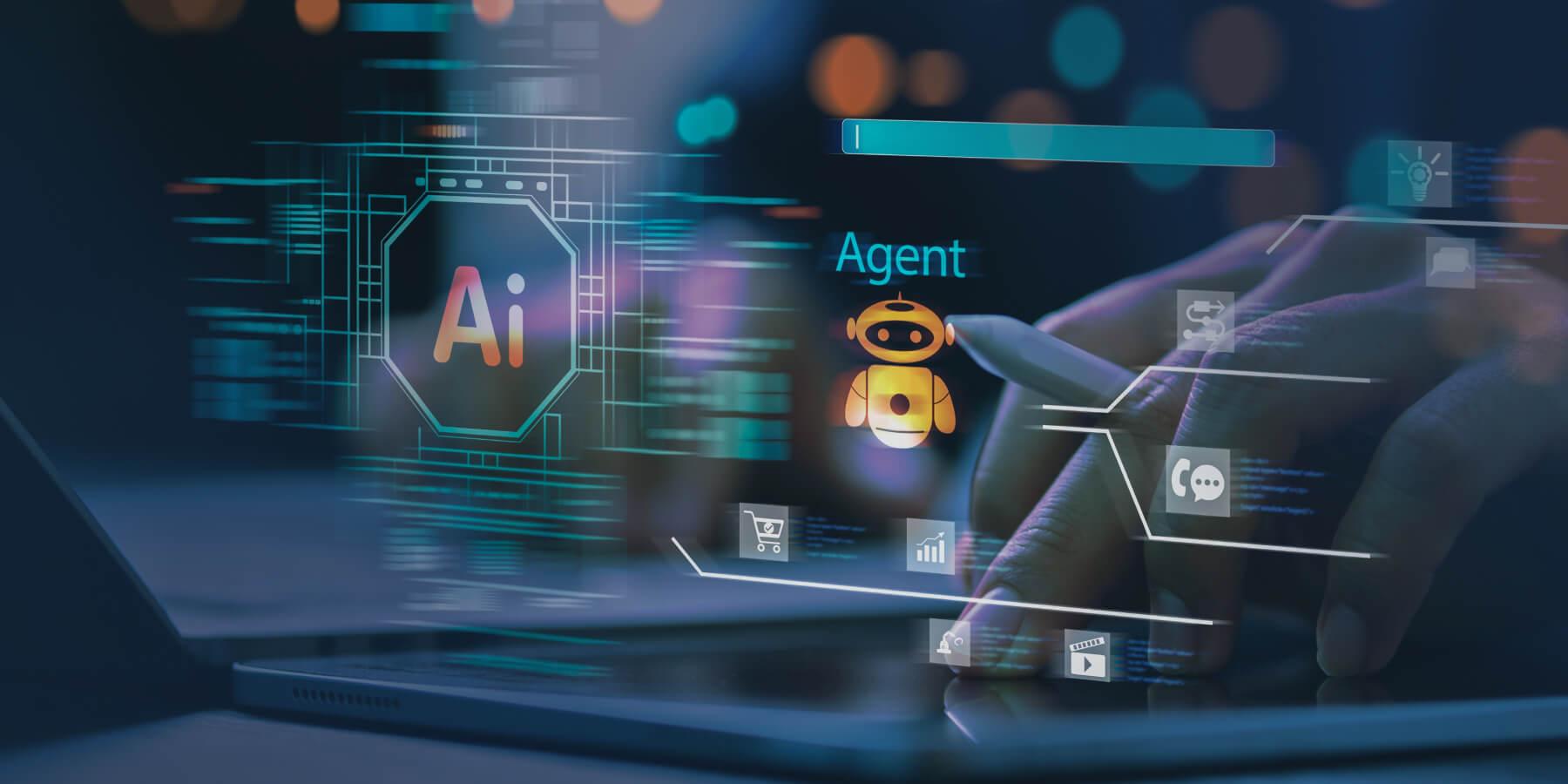
Why MCP is a major leap in the evolution of AI-driven software testing
MCPs by Tricentis bridge AI and testing tools with a universal API, unlocking seamless integration and smarter, faster testing.

Let’s say you’re renovating a house. It’s a big project, and you’ll need a lot of planning, expertise, and equipment. Now imagine you live in a world where the hammers you bought at one store don’t match up with the nails you bought at another, and certain wrenches wouldn’t work on anything but the parts they came with. What a pain, right?
Thankfully, construction worldwide has accepted measurements and protocols so that different tools can interface together in a much more standardized way, increasing efficiency, decreasing cost, and ultimately making everything easier.
Artificial intelligence is rapidly redefining the software testing landscape — but until now, it’s lacked a universal translator to bridge the gap between AI and enterprise testing tools. If only AI tools worked the same way, you may be thinking. The development of Model Context Protocols (MCPs) aims to do just that, creating a standardized API that enables AI tools to communicate with one another and with external services, tools, and databases much more easily.
That’s what makes the Tricentis release of MCPs a significant leap forward.
MCPs act as a standardized API that enables AI tools to interact directly with Tricentis products like qTest, Tosca Cloud, SeaLights, and NeoLoad Web. As Dave Colwell, VP of AI and ML at Tricentis, put it in a recent webinar: “An MCP is kind of like a UI for AI… the AI’s way of understanding how to use your product.”
In this post, we’ll explain what MCP is, how it changes the game for testing teams, and provide a quick overview of the first four MCPs now available from Tricentis.
What is MCP?
MCP, or Model Context Protocol, is a secure, remote API layer that gives AI systems structured access to Tricentis tools. Think of it as an interface not for humans, but for machines. It enables AI clients like Claude, ChatGPT, GitHub Copilot, or custom LLMs to understand and operate enterprise testing environments.
Colwell describes it as a breakthrough in usability and accessibility: “You can simply provide a prompt saying ‘this is what I want to achieve,’ and the AI will propose a set of actions that it [can take] that you can review.”
In practical terms, this means AI can now generate, manage, execute, and validate the results of automated test cases within your testing tools, based solely on user intent expressed in natural language.
Why it matters to software testing teams
The implications for testing teams are huge. AI-assisted test automation has become a top priority across the industry as AI-generated code has shifted the balance of labor to QA teams. MCP is the connective tissue that allows those initiatives to scale.
Even novice users can now get real, rapid value from Tricentis tools — no need to navigate complex UIs or master workflows. When paired with a chat-based AI assistant, MCP enables anyone on the team to run sophisticated testing operations with simple prompts.
“From a simple prompt I was able to go from Jira to qTest and have it not just show me a set of test cases,” says Colwell, providing a real-world example, “but correctly locate them and put them into qTest in the right location, in the right structure. This is amazing.”
For companies pursuing internal AI strategies, MCP provides the architectural layer that allows their homegrown or preferred AI models to interact directly with enterprise-grade testing infrastructure. MCP also helps Tricentis learn from real-world usage patterns—fueling future automation agents and agentic workflows.
A quick overview of the four Tricentis MCPs
Tricentis has released the first set of MCPs for the following cloud products:
- Tosca Cloud
Automate test design, execution, and validation across complex enterprise workflows directly through AI prompts. - NeoLoad Web
Use AI to create, analyze, and iterate on performance test plans and results faster than ever.
- qTest SaaS
Seamlessly manage test case structure and execution from AI assistants like Claude, Cursor, or ChatGPT. - SeaLights
Integrate advanced test coverage and quality metrics with AI-powered test creation and analysis.
Our MCPs are available remotely, meaning users don’t need to install anything locally — just point their AI to the MCP server, authenticate, and go. And because MCP is user-scoped, teams only need valid product licenses to get started, at no additional cost for the protocol itself.
The Road Ahead
With MCPs now publicly available, Tricentis is not just releasing new tools. We’re changing the way software testing integrates into the broader AI ecosystem. It’s a democratizing force for quality engineering.
As Colwell puts it, “We’re shipping Model Context Protocol servers to open up our ecosystem… allowing you to use them with your tools, with your agents.”
For teams looking to accelerate testing and unlock the full potential of AI, MCP is the leap that makes it all possible.
Watch the webinar to learn more, and stay tuned as we release additional information about our MCPs.

